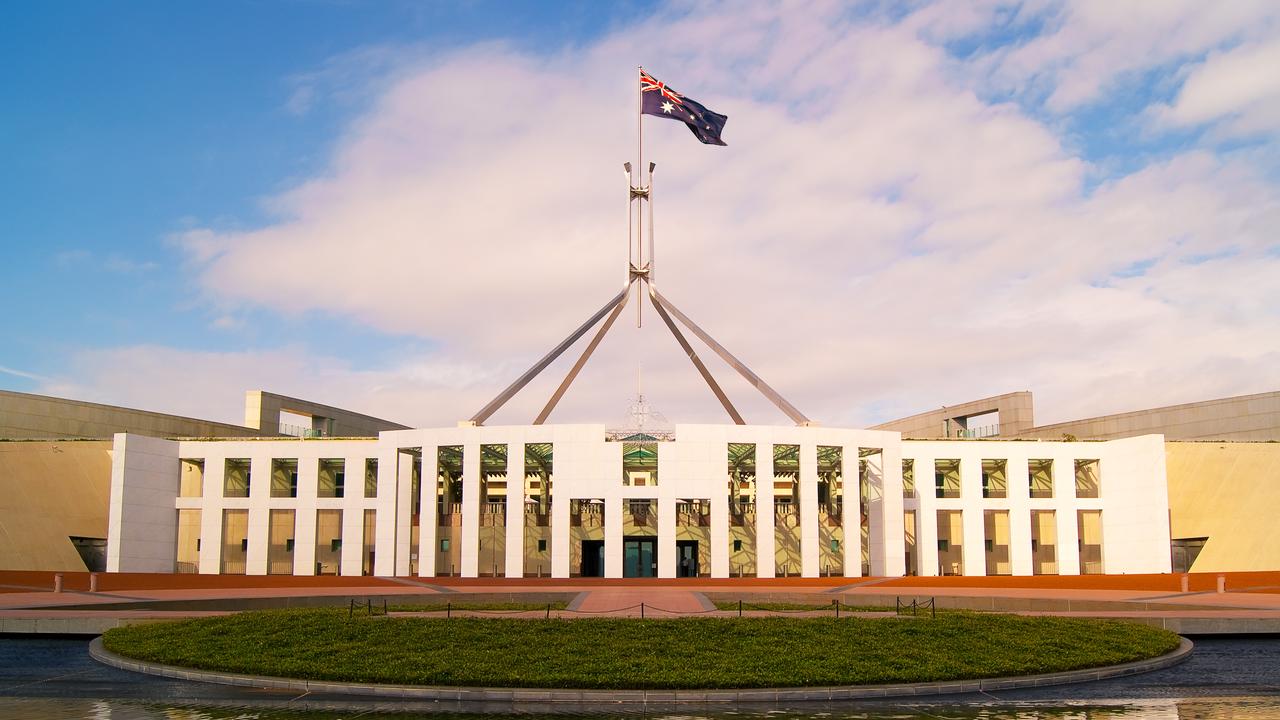We must promote ‘Made in Australia’ in all our technology initiatives
If we want to reverse Australia’s slide down the international ranking of innovation and respond to pandemic lessons about resilience, we have to drive the growth in our ICT industries.

A few weeks ago, the Minister for Industry announced a boost of $5m to increase promotion of the Made in Australia logo across Asian markets.
Australian products, he said at the time, were “internationally prized for being of the highest quality and safety standards”.
Within days, the same minister and his colleague, the Minister for Finance, announced some important, long-awaited initiatives aimed at levelling the playing field for Australian industries selling to the federal government.
At their core, the initiatives were intended to remind federal agencies that they are obliged to consider the economic benefits of the spending choices they make, and to help them understand what the benefits might be. The plan is for advice tailored to different industries to be released over time.
It was not a coincidence that the first industries to benefit from updated and more detailed advice were the technology industries.
Events around the world, and increasing concerns about the long-term economic resilience of Australia’s economy, have forced a rethink among policymakers.
In 1995, Australia was ranked 55th in the world on the Harvard Economic Complexity Index, a measure of how diverse and complex a nation’s exports are compared to other countries. We had fallen to 93rd by 2021. By 2024, we slipped even further – to 102nd.
Meanwhile, our national investment in R&D has fallen from 2.24 per cent of GDP in 2009 to 1.6 per cent in 2022.
There is a growing alarm at both of these problems.
What has this got to do with the technology industries?
The ICT industries were the second biggest contributor to business investment in R&D, second only to manufacturing and contributing 18 per cent of the total. And the industries are strongly correlated with the most successful economies in the world having, unsurprisingly, innovative technology industries.
Finally, the second largest non-commodity export industry in Australia is ICT, behind only education.
The picture is clear and compelling. If we want to reverse Australia’s slide down the international ranking of innovation, economic complexity and national productivity, and respond to the lessons Covid taught us about resilience in a time of crisis, we are going to have to drive growth in our ICT industries.
This is going to take some big cultural changes, and these must start with our governments.
Over the past few years, a series of Senate and government inquiries have received one message from Australian tech companies repeatedly. Too often, they said, when they talk to the people buying technology in their own governments about their capabilities, it becomes very clear that they are not taken seriously.
Too many people just assumed the answers can only be found overseas.
This was made worse by the influence of the Big 4 consulting firms, which had embedded themselves deep into the bureaucracy as “trusted advisers”. As became clear in other parliamentary inquiries in the past three years, those advisers had many undisclosed conflicts and were often commercially closely tied to overseas technology companies.
The announcement made at the end of the last parliamentary term was important because culture starts at the top.
If government leaders are consistently saying we should be supporting Australian industry in being given a fair go at opportunities to sell to governments, the message will eventually find its way down to the people making and applying the procurement rules and the buying choices.
Members of all the major political parties and the crossbenchers were deeply involved in the parliamentary processes that exposed the cultural issues in the last term of parliament.
They heard the horror stories and the obvious unfairness faced by smaller, younger Australian businesses.
It is not too much to believe that the positive changes we have seen in the past few years will continue whatever happens in the election.
Ed Chung is CEO of TechnologyOne.
This content was produced in partnership with TechnologyOne. Read our policy on commercial content here.


